2017, Warren, Manitoba, Canada
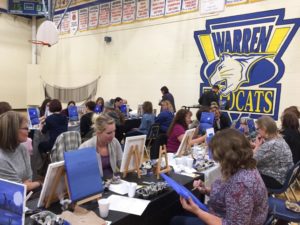
Rebecca Myskiw is a student at Warren Collegiate in Warren, Manitoba. She saw the potential to make a popular trend into an opportunity to educate the people of her community with a fun paint night! Paint nights are becoming something of a trend, but Rebecca’s special paint night had a twist- she had the participants use environmentally friendly paints to keep her watershed healthy! Regular paints include toxins and volatile organic compounds (VOCs) that can end up in our waterways and environment. Rebecca found Natural Paints that are 100% eco-friendly, containing no toxins or VOCs! She did not stop at a simple paint night, either. Rebecca donated the supplies (paint brushes, easels, extra paint) to her school’s Art Program after the paint night, so that her school could become more watershed-friendly, as well!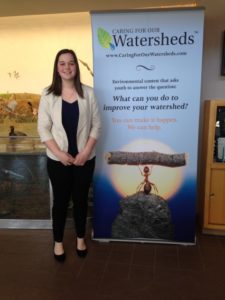
“Natural Paints are an incredible way to care for our watershed. They don’t solve the problem, but they do help stop it. If I can reduce the amount of regular paints used in the school, I can reduce the amount of pollutants going into the watershed and help care for it with a simple idea for everyone.”

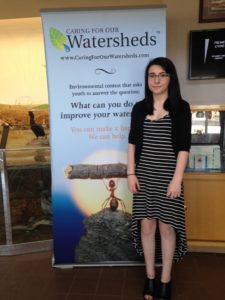
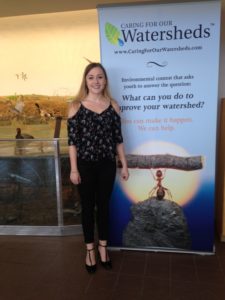
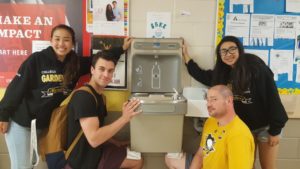
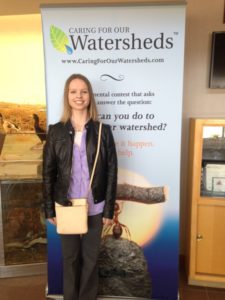
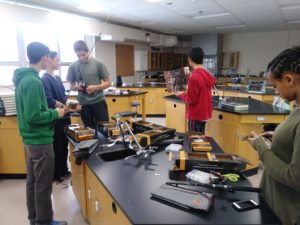 tudents at Elmwood High School in Winnipeg, Manitoba are passionate about sustainability! Their sustainability team has come up with a “Rods and Reels” program that aims to educate youth about sustainable fishing practices and how this can impact their environment and watershed. Students will learn skills such as how to properly debarb a hook, the importance of why, as well as conservation limits and how this links to overall watershed health. This lesson will culminate in a class fishing trip so they can learn practicing proper fishing etiquette and connect with nature.
tudents at Elmwood High School in Winnipeg, Manitoba are passionate about sustainability! Their sustainability team has come up with a “Rods and Reels” program that aims to educate youth about sustainable fishing practices and how this can impact their environment and watershed. Students will learn skills such as how to properly debarb a hook, the importance of why, as well as conservation limits and how this links to overall watershed health. This lesson will culminate in a class fishing trip so they can learn practicing proper fishing etiquette and connect with nature.
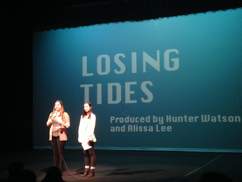 meaning. Some dances will deal with the pollution side to our effect on our watersheds, some will focus on how our watersheds could and should look like all reflecting behind the dancer.
meaning. Some dances will deal with the pollution side to our effect on our watersheds, some will focus on how our watersheds could and should look like all reflecting behind the dancer.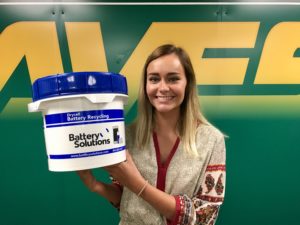 school and is always having to switch out old batteries in game systems. Through this experience she became aware of how many batteries were being tossed out. She started becoming more concerned about the problem as she researched the chemicals inside every single battery and began thinking about the impact these batteries have on our environment. As a senior at Sycamore High School she has been involved in Environmental Club, AP Environmental class, and engineering. With her background knowledge and interest she became motivated to help solve this problem.
school and is always having to switch out old batteries in game systems. Through this experience she became aware of how many batteries were being tossed out. She started becoming more concerned about the problem as she researched the chemicals inside every single battery and began thinking about the impact these batteries have on our environment. As a senior at Sycamore High School she has been involved in Environmental Club, AP Environmental class, and engineering. With her background knowledge and interest she became motivated to help solve this problem.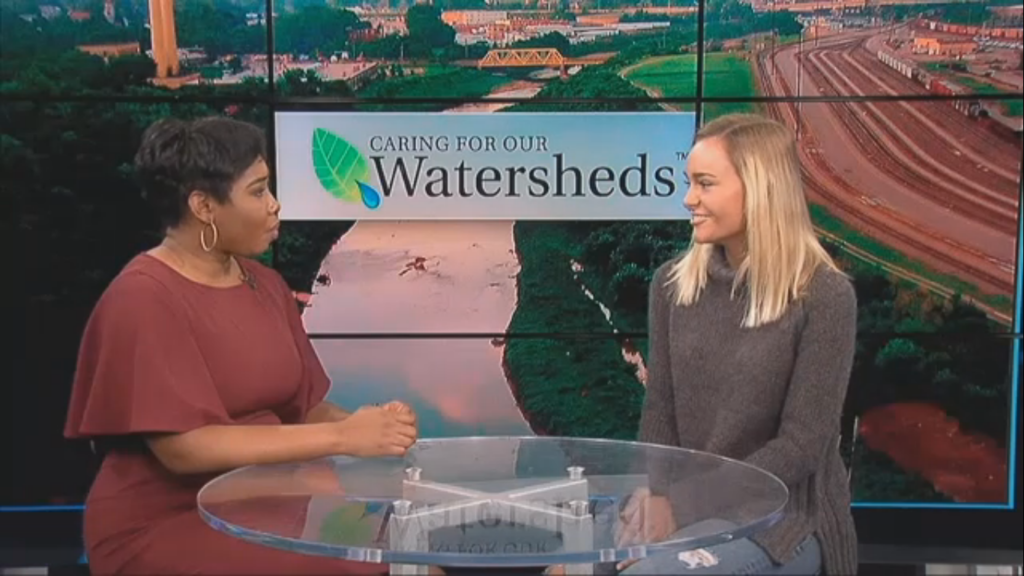 project, Lexi put in place a battery-recycling program in all the schools within the Sycamore School District. These pails are located in the front offices of all schools and have begun overflowing with all the donations from community residents. She hopes recycling batteries becomes just as routine as recycling paper and plastic. With this permanent project Lexi hopes to educate her community on the simple actions they can take to make a big difference.
project, Lexi put in place a battery-recycling program in all the schools within the Sycamore School District. These pails are located in the front offices of all schools and have begun overflowing with all the donations from community residents. She hopes recycling batteries becomes just as routine as recycling paper and plastic. With this permanent project Lexi hopes to educate her community on the simple actions they can take to make a big difference.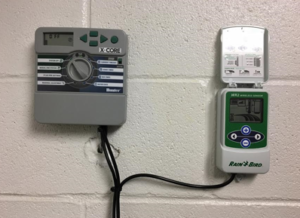 2017, Milliken, Colorado, USA
2017, Milliken, Colorado, USA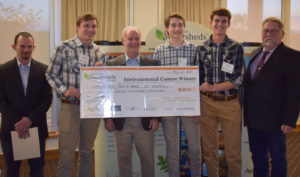 n and budget focused as well. The students worked with the school district and installed three WR2 rain gauge sensors which have reduced water usage by 30-50%. They will be monitoring the water usage during 2017-2018 and reporting back to the school administration.
n and budget focused as well. The students worked with the school district and installed three WR2 rain gauge sensors which have reduced water usage by 30-50%. They will be monitoring the water usage during 2017-2018 and reporting back to the school administration.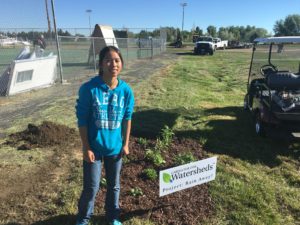 2017 Berthoud, Colorado, USA
2017 Berthoud, Colorado, USA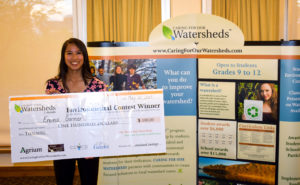 contaminates that are deposited there from the parking lot. Although the rain garden is a small site test, it can be expanded in the future by the school.
contaminates that are deposited there from the parking lot. Although the rain garden is a small site test, it can be expanded in the future by the school.